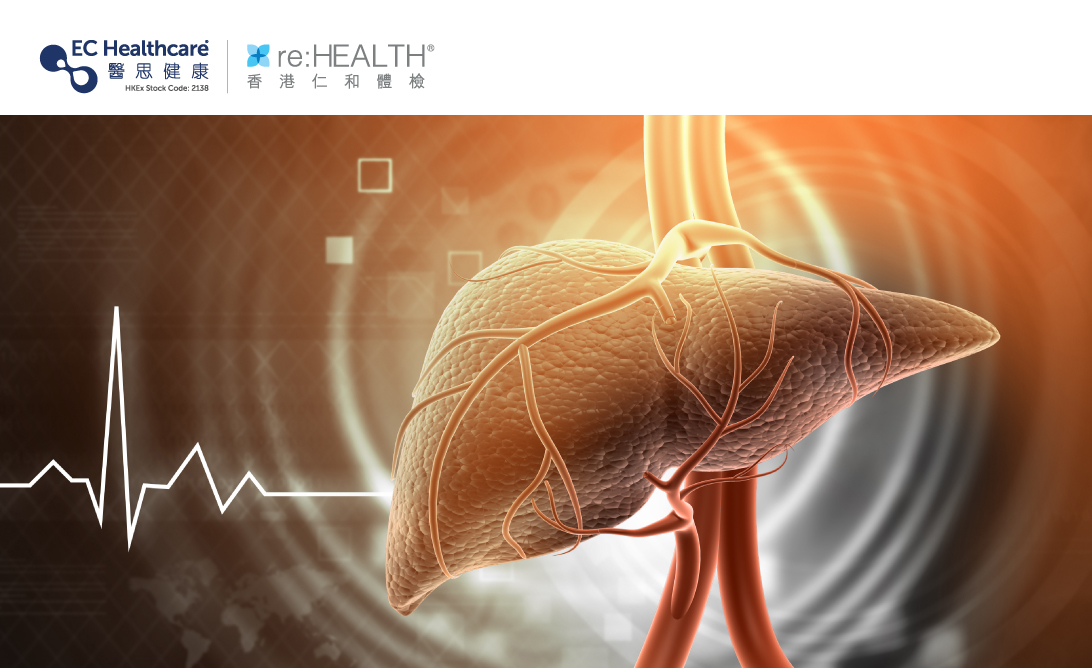The Key to Liver Health: "Liver Enzymes"


"A healthy liver means a healthy body." The liver plays a vital role in secretion, detoxification, and metabolism, breaking down toxins and aiding in the body's metabolic processes. If the liver is not functioning optimally, fatigue, dull complexion, loss of appetite, brittle nails, and even symptoms like jaundice and bloating may arise. Liver enzymes serve as a crucial indicator of liver health, but how can we determine our own liver enzyme levels? And how should we interpret these levels? The following article provides a comprehensive explanation.

Understanding Liver Enzymes
Literally speaking, liver enzymes are enzymes found within liver cells. Under normal circumstances, most liver enzymes remain within the liver, and only trace amounts are detected during blood tests. However, if the liver experiences inflammation or damage, liver enzymes can leak into the bloodstream, resulting in elevated levels. Therefore, the level of liver enzymes can provide an approximate indication of the extent of liver damage.
Understanding Liver Enzyme Indices
The severity of liver damage corresponds to higher levels of liver enzymes in the blood. Liver enzyme indices can be divided into 4 indicators: alanine aminotransferase (ALT), aspartate aminotransferase (AST), gamma-glutamyl transferase (GGT), and alkaline phosphatase (ALP).
| Liver Enzyme Indices | Normal Range |
| ALT | 7 to 55 u/L |
| AST | 8 to 48 u/L |
| GGT | 8 to 61 u/L |
| ALP | 40–129 u/L |
If ALT levels are higher than AST, it indicates a higher likelihood of chronic hepatitis B, chronic hepatitis C, or non-alcoholic fatty liver disease. Conversely, if AST levels are higher than ALT, or if both ALT and AST levels are elevated, it may suggest alcoholic fatty liver, excessive alcohol consumption, alcohol poisoning, or acute liver inflammation due to infection. Elevated levels of ALP and GGT together may be associated with bile duct obstruction, impaired bile flow, or liver tumors.
Causes of Elevated Liver Enzymes
Cause 1: Liver Diseases
Conditions such as fatty liver, various types of hepatitis, cirrhosis, and early-stage liver cancer are often associated with elevated liver enzymes, indicating liver damage.
Cause 2: Excessive Alcohol Consumption
Alcohol impairs the liver's ability to metabolize fat, leading to the accumulation of fat in liver cells. Over time, this can result in alcoholic fatty liver disease.
Cause 3: Poor Dietary Habits
Consuming a diet high in fat, calories, and sugar can lead to the accumulation of visceral fat in the liver after metabolism. Prolonged intake of such foods can contribute to the development of fatty liver disease, resulting in elevated liver enzyme levels.
Cause 4: Medications
Taking medications such as anti-inflammatory drugs, antibiotics, and cholesterol-lowering drugs can affect liver function and lead to elevated liver enzymes.
Cause 5: Other Medical Conditions
Conditions like hyperthyroidism and rhabdomyolysis can also cause an increase in liver enzyme levels.
Symptoms of Elevated Liver Enzymes:
. Fatigue and tiredness
. Loss of appetite
. Digestive discomfort
. Abdominal bloating and pain, often in the upper right abdomen
. Nausea and vomiting
. Lower limb swelling
. Dull complexion and skin discoloration, even yellowing
. Yellowing of the whites of the eyes, along with redness
. Dry mouth or muscle cramps
. Vertical ridges or brittle nails
. Spider angiomas
.Jaundice
Preventing Elevated Liver Enzymes in Daily Life:
1. Avoid smoking and excessive alcohol consumption: Ethanol produces harmful substances like acetaldehyde and acetic acid in the liver, damaging its cells. Nicotine accelerates the destruction of beneficial cells in the body, increasing the risk of liver disease.
2. Maintain a healthy weight: Prevent the accumulation of visceral fat and avoid liver dysfunction.
3. Balanced diet: Consume a balanced diet with a variety of nutrients, while avoiding high cholesterol, fried foods, and trans fats. Opt for a diet rich in vegetables, lean proteins, fresh ingredients, and light cooking methods.
4. Regular and moderate eating: Avoid sudden excessive or binge eating, as it can burden the liver.
5. Cultivate an exercise routine: Regular exercise improves metabolism and liver function, helping to burn more calories.
6. Be cautious with medication and supplements: Avoid indiscriminate use of medications or supplements as they can interact negatively with certain foods or beverages, disrupting their effectiveness and placing additional burden on the liver.
Additionally, regular liver function testing is recommended to monitor liver health through liver enzyme indices. If any abnormalities are detected, early treatment can be initiated, leading to improved chances of recovery.
Related Brands







